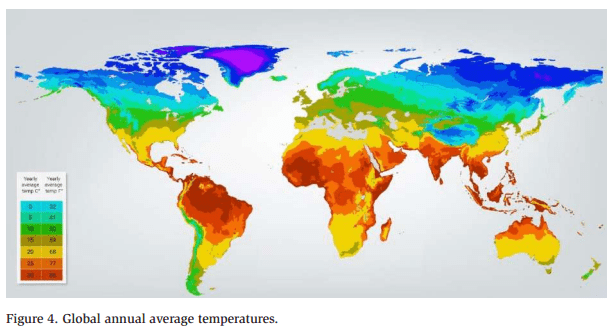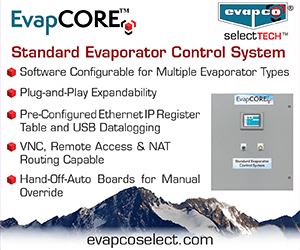
MRBraz Expands Construction and Services Division with InterCool USA Integration
MRBraz & Associates, PLLC, announces the strategic expansion of its construction and services division through the integration of InterCool USA’s national infrastructure and technical expertise. This move marks a significant milestone in MRBraz’s commitment to delivering scalable, sustainable, and safety-focused refrigeration solutions across the Americas.
Read More








































































